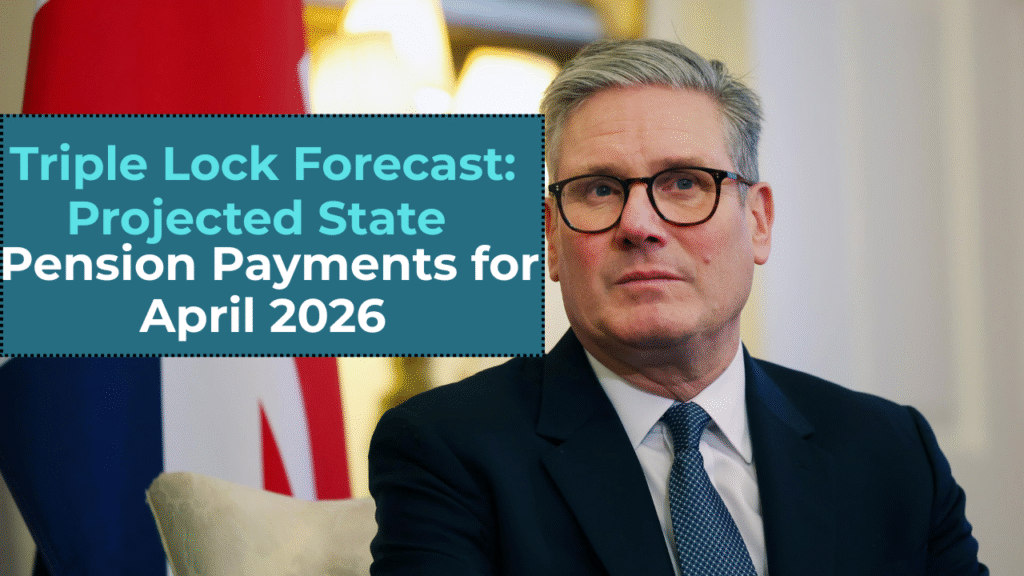Introduction
The UK’s state pension is set to increase again in April 2026 under the government’s triple lock policy, which ensures annual rises in line with the highest of inflation, wage growth, or 2.5%. This mechanism aims to protect pensioners’ income against the rising cost of living. However, with the personal income tax allowance frozen until 2028, more pensioners may find themselves liable for income tax as their pension income increases.
What Is the Triple Lock?
Introduced in 2010, the triple lock guarantees that the state pension increases each April by the highest of:
- The Consumer Prices Index (CPI) inflation rate for the previous September
- Average earnings growth from May to July of the previous year
- 2.5%
This policy ensures that pensioners’ incomes keep pace with the cost of living and average wage increases.
April 2025 Increase
In April 2025, the state pension increased by 4.1%, reflecting average wage growth. This raised the full new state pension from £221.20 to £230.25 per week, amounting to £11,973 annually. The basic state pension rose from £169.50 to £176.45 per week, totaling £9,175 per year.
Projected Increase for April 2026
While the exact figures for April 2026 will depend on economic data from 2025, projections suggest a potential increase of around 5.5%. If this materializes, the full new state pension could rise to approximately £12,631 annually. This would mean an increase of about £658 over the previous year.
Tax Implications
The personal income tax allowance is currently set at £12,570 and is frozen until 2028. With the projected state pension increase to £12,631, pensioners receiving the full amount would exceed the tax-free threshold by £61. This means they would be liable to pay income tax on the excess amount. While the tax due on £61 is modest, additional income from private pensions or savings could result in a more significant tax liability.
In April 2025, approximately 650,000 pensioners were drawn into paying income tax due to the state pension increase. This number is expected to rise in subsequent years if the personal allowance remains frozen and the state pension continues to increase.
Eligibility and Claiming the State Pension
To qualify for the full new state pension, individuals typically need 35 years of National Insurance (NI) contributions. Those with at least 10 years of contributions may receive a proportion of the full amount. The state pension age is currently 66 but is set to rise to 67 by 2028 and 68 by 2046.
Conclusion
The triple lock policy ensures that the state pension keeps pace with the cost of living and wage growth. However, with the personal income tax allowance frozen, increases in the state pension may result in more pensioners becoming liable for income tax. It’s important for pensioners to be aware of these changes and plan accordingly.
For the most accurate and up-to-date information, individuals should consult official government resources or seek advice from financial professionals.




